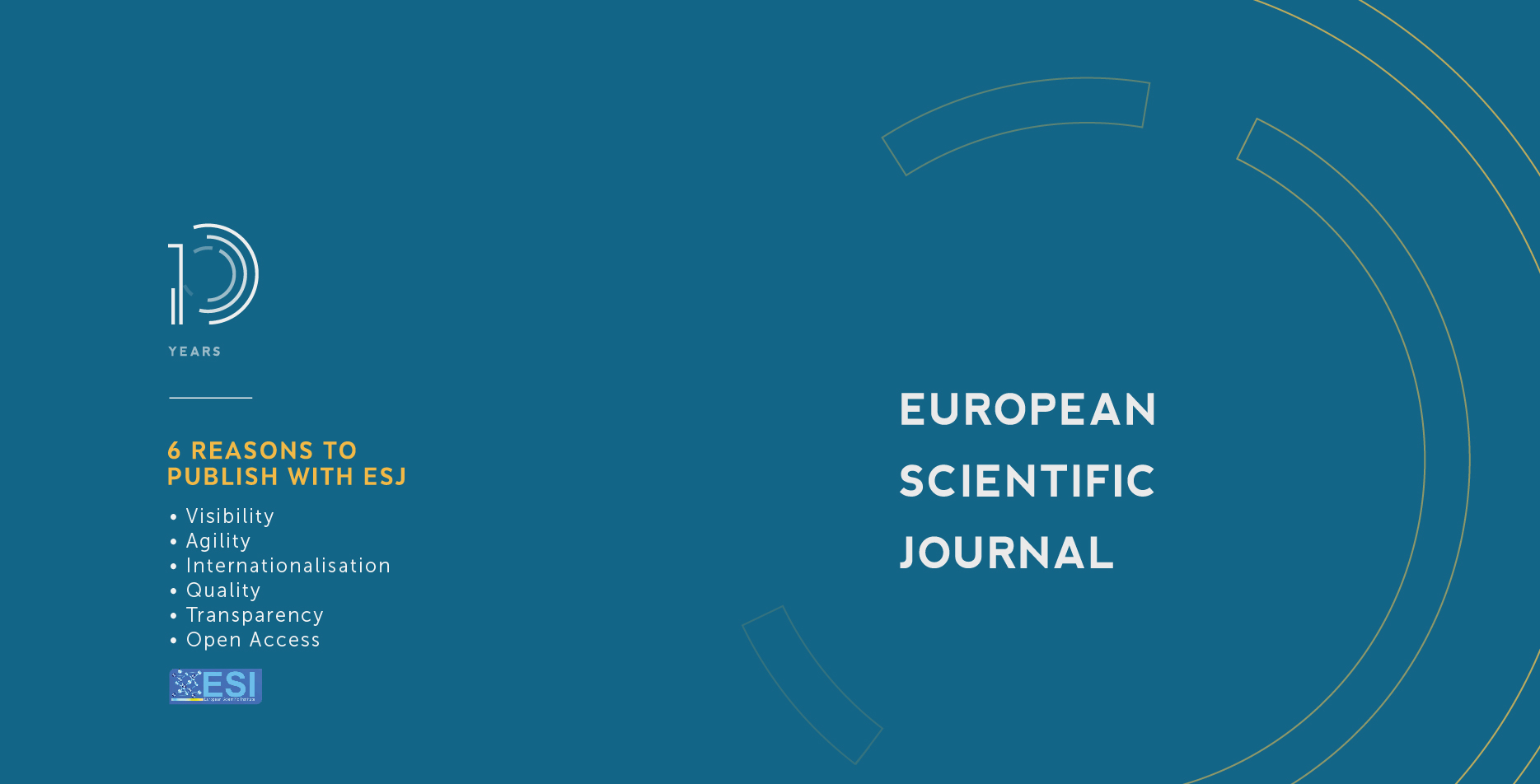Contribution de l’Autonomisation des Femmes au Développement Humain dans l’UEMOA
Abstract
L’objectif de cette étude est de vérifier l’existence d’un lien entre l’autonomisation des femmes et le développement humain dans les pays de la zone UEMOA. Pour ce faire, l’analyse est basée sur la Méthode des Moments Généralisés (MMG) appliquée aux huit (08) pays de l’UEMOA sur la période de 2001–2015 en données de panel. Les résultats mettent en évidence que la population active féminine, l’inscription des filles à l’école secondaire et la participation des femmes parlementaires agissent positivement et significativement sur l’IDH, ce qui contribuerait à une amélioration du développement humain. Par ailleurs cet article montre que l’indice d’inégalités de genre agit également positivement et non significativement sur l’IDH. Ainsi, cette étude suggère qu’une réduction de l’indice d’inégalités de genre pourrait agir de manière significative sur l’Indice du Développement Humain.
This paper focuses on verifying the existence of a link between the empowerment of women and human development in countries of the WAEMU zone. To do this, the analysis is based on the Generalized Moment Method (GMM) applied to the eight (8) WAEMU countries over the period 2001–2015 in panel data. The results show that the female workforce, the enrolment of girls in secondary school, and the participation of women parliamentarians have a positive and significant impact on the HDI, contributing to an improvement in human development. This paper further shows that the gender inequality index also acts positively and not significantly on the HDI. This study suggests that a reduction in the index of gender inequalities could have a significant effect on the Human Development Index.
Downloads
PlumX Statistics
Copyright (c) 2020 Amel Adon Ellé, Hermann Abbé

This work is licensed under a Creative Commons Attribution-NonCommercial-NoDerivatives 4.0 International License.








